Band
Icarus Witch
Title
Songs For The Lost
Type
LP/EP
Company
Cleopatra
YOR
2007
Style
Hard Rock
Popular Reviews
6/16/2009 - Review by:
Etiam
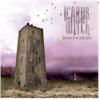 | Icarus Witch
Songs For The Lost
Company: Cleopatra Records
Release: 2007
Genre: Hard Rock
Reviewer: Etiam |  |
A step down from their debut
Icarus Witch's 2005 debut, 'Capture the Magic', has quietly become one of the most consistently enjoyable classic metal revivals of the decade. With an old school foundation, judicious modern flourishes, a rich production, meaty basslines, and a distinctive frontman, Icarus Witch had all the ingredients for success. 'Capture the Magic' unfortunately never generated the attention it deserved--perhaps due to the limited reach of Magick Records--and it fell to the band's second album, 'Songs for the Lost', to help launch the band into the limelight. Even more unfortunately, it doesn't look like 'Songs for the Lost' will carry them too much further. Whereas 'Capture the Magic' was vibrantly vintage, 'Songs for the Lost' can't help feeling a bit staid, despite a few standout tracks. Admittedly, both albums are growers, but, lacking the debut's depth, it's doubtful that this sophomore effort will appreciate too greatly over time.
This album's relative stagnation can be traced directly back to what the press material readily acknowledges--nowadays, Icarus Witch would rather be considered a rock band than a metal band. Generally such distinctions are irrelevant if the music is sound, but it was that metal edge that kept Icarus Witch's arrangements vitalized and bolstered their cape-twirling themes. Some metal quirks do linger here or there, but they are consistently overdrawn. The driving hammer-on harmony of the opener bookends an otherwise pedestrian assortment of chugs, and rather than sounding mystical, the sinuous lines of 'Written in the Stars' are merely tiring (and that takes us just through the first two numbers).
Too, the lyrics have traded their fantastical charm for exposition of exhausted cliches that comprise nearly all of the album's song titles: 'Out for Blood', 'Written in the Stars', 'The Sky is Falling', 'Nature of the Beast', 'Mirror, Mirror' (A Def Leppard cover), 'Devil's Hour', Smoke & Mirrors', etc. Compared to the epic (and admittedly Dungeons & Dragons) quality of 'Storming the Castle', 'The Ghost of Xavier Holmes', 'Awakening the Mountain Giant', and 'Nemeton Forest', it's obvious that Icarus Witch are steering straight and too safely. True, the occultist rock vibe that drives Icarus Witch's image was old hat a dozen years ago, but the band's almost naively fresh approach on the debut was enough to keep us interested and smiling, not rolling our eyes.
Vocalist Matthew Bizilia has a unique voice and pattern--so critical to success in this genre--but lacks variety; after two album's worth of exaggerated glissando to cap his phrases and it's time for something new. Bizilia does strive for variety on a couple choruses--'Devil's Hour' and 'Nature of the Beast', for example--with moderate success, and if he continues such efforts, the band's third record could be quite compelling. Too often, however, his verse delivery uses the same melodic contours and feel of a sideshow magician grandstanding to his audience.
All that said, there are parts of 'Songs for the Lost' that do evoke the debut's glory. The instrumentation and production remain satisfyingly classic--with no super-distorted EMG action and plenty of bubbling basswork anchoring the rhythm section--and the solos, using the obligatory old school wah pedal, have lots of flair. Landing Joe Lynn Turner (of Rainbow sort-of fame) as a guest vocalist for their Def Leppard cover was a great move, and Turner's performance is of veteran quality. The song itself, while quite repetitive and a step down from the debut's 'S.A.T.O.', ranks as the most dynamic and charged of the album's first half. Afterwards, the album does pick up in the home stretch, starting with 'Queen of Lies', which features a solid chorus melody, ride bell tattoo, and shades of Fates Warning progression. 'House of Usher' also recalls the debut's penchant for Gothic storytelling and is capped with tasteful and melancholy piano.
Indeed, these remaining tracks contain nearly all of the innovation missing from the first half--new arrangements, instrumentation, token female vocals on 'Afterlife' (along with a promising but underutilized coda), et cetera--but by this time it is a classic case of too little too late. Perhaps a shuffled running order might have improved this album's chances, but by track six its mediocre first impression is set. Ultimately, 'Songs for the Lost' is far from a poor album, and standing alone would be a moody 80s homage of some quality. Following the debut, however, it is unavoidably a step down.

 (Nuclear Blast)
(Nuclear Blast) (Independent)
(Independent)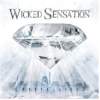 (Metal Heaven)
(Metal Heaven) (Regain)
(Regain) (Roadrunner)
(Roadrunner) (Sanctuary Records)
(Sanctuary Records) (Steamhammer)
(Steamhammer) (InsideOut)
(InsideOut)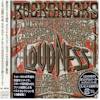 (Crash Music)
(Crash Music) (BMG)
(BMG) (Frontiers)
(Frontiers)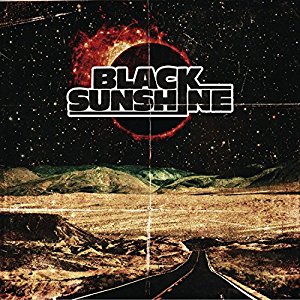 (Breaksilence)
(Breaksilence)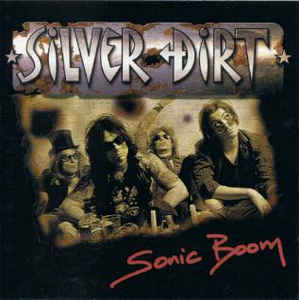 (Silver Muzeek)
(Silver Muzeek)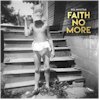 (Reclamation)
(Reclamation)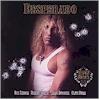 (Dead Line)
(Dead Line) (Eagle Vision)
(Eagle Vision)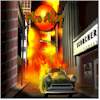 (Independent)
(Independent)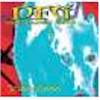 (Voodoo Nation)
(Voodoo Nation) (Nuclear Blast)
(Nuclear Blast) (Jamsync Music)
(Jamsync Music)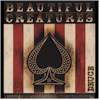 (Perris)
(Perris)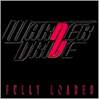 (Independent)
(Independent)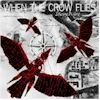 (22:11 Records)
(22:11 Records)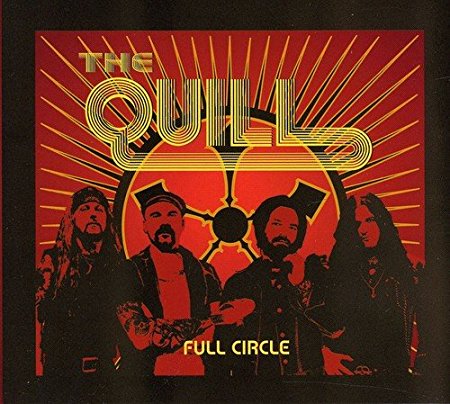 (SPV/Steamhammer)
(SPV/Steamhammer) (Leon Music)
(Leon Music)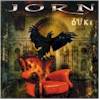 (Candlelight)
(Candlelight)




